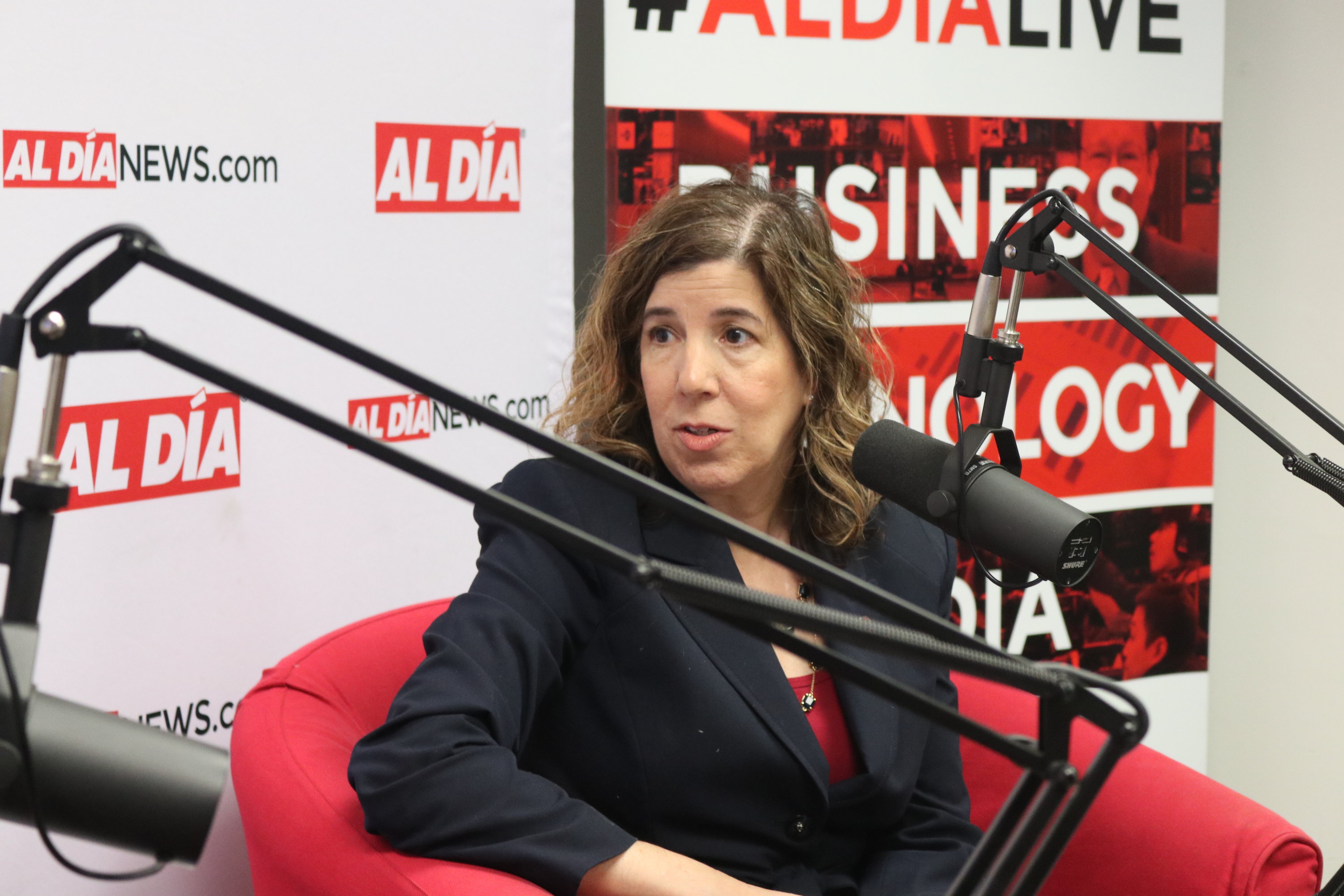
Bringing more representation and accessibility to SEPTA
During a conversation with AL DÍA, new SEPTA general manager Leslie Richards, discussed her vision in moving SEPTA towards the future.
Leslie Richards didn’t imagine that she would one day become SEPTA’s new general manager. But now that she’s here, she’s excited to take on the challenges and projects ahead.
Her role as a former member of SEPTA’s board years back has given her “a good perspective” on the needs of SEPTA.
“Being the general manager is helping guide the vision in what type of SEPTA do we want to be in the future,” she told AL DÍA on Jan. 29.
She is now tasked with overseeing an agency with 9,500 employees, a board of 15 members and one million weekday riders, presenting ideas to the board, getting feedback from riders and employees, and weighing decisions with all the options that are there.
“I’m so very happy and grateful to be in this new position and to work with the board in a different way,” Richards added.
In this role as general manager, she said she is looking forward to having productive conversations about SEPTA’s new comprehensive bus network, trolley modernization, the SEPTA Key Card system and more, as a way to deliver services in an equitable and accessible way for all.
When Richards first learned of the opportunity to lead SEPTA as its general manager, she immediately thought about how she could use her community planning background and experience promoting diversity and inclusion into her new role.
However, Richards makes sure that equity is part of the conversation, as well.
When asked what equity means to her, Richards said, “It means that we are partners in making sure that people can have opportunities for them.”
“One of the ways we can distribute opportunity is through transportation,” she continued. “We want to make sure that everyone can access the system. And that includes populations where mobility is a challenge. And we want to make sure that they can get around to where they need to go and that they have options on how they get there.”
An investment in a SEPTA project is an investment in the community, Richards further stated.
Investments include marketing to SEPTA users in different languages, as well as providing access for underserved populations and those living under a certain income level, people with disabilities, seniors and more.
For SEPTA to truly reach its goals of providing the best service for all, funding is a very important component. However, funding has remained a challenge.
“You can’t plan for the future if you don’t have dedicated funding streams that you can rely on,” said Richards.
While SEPTA has relied on the Commonwealth, as well as the gas tax, as a big portion of its funding, approximately 40% of the operating budget comes from fares. However, Richards said that SEPTA must begin looking at alternative streams of funding, as well.
RELATED CONTENT
As these conversations take place, one aspect that has been discussed is the possibility of a fare increase.
Richards acknowledged that increasing the fare — which is currently $2.50 per ride for buses, trolleys, and the subway lines — could potentially hurt some people’s accessibility to SEPTA transportation, while noting that it would be considered in the context of the need for funding.
“We really can’t consider anything off the table at this point because we do want to be the SEPTA of the future and we know that we need to identify new revenue in order to do that,” she added.
In recent years, the city has implemented the Key Card system, eliminating tokens, purchases of monthly and weekly passes, and paper transfers that were needed to access SEPTA transportation vehicles.
“It’s going to give us options in the future that will truly, truly modernize our system,” Richards said.
As there are still people transitioning to this new system, the general manager said the most important aspect is education.
“When you introduce a new payment system to any system, there’s a lot of education that’s involved,” she noted.
To continue to provide information to customers, SEPTA has made sure to have “ambassadors who are well identified” working on train, subway or trolley stations who can help answer any questions riders may have.
“We want to make sure it’s intuitive,” said Richards.
This is just one of the ways that SEPTA is looking to make its services more accessible for all who need it.
As Richards settles into her new role, she said she is looking forward to finding new, innovative ways to improve the current transportation system and make it a better experience for all.











LEAVE A COMMENT:
Join the discussion! Leave a comment.